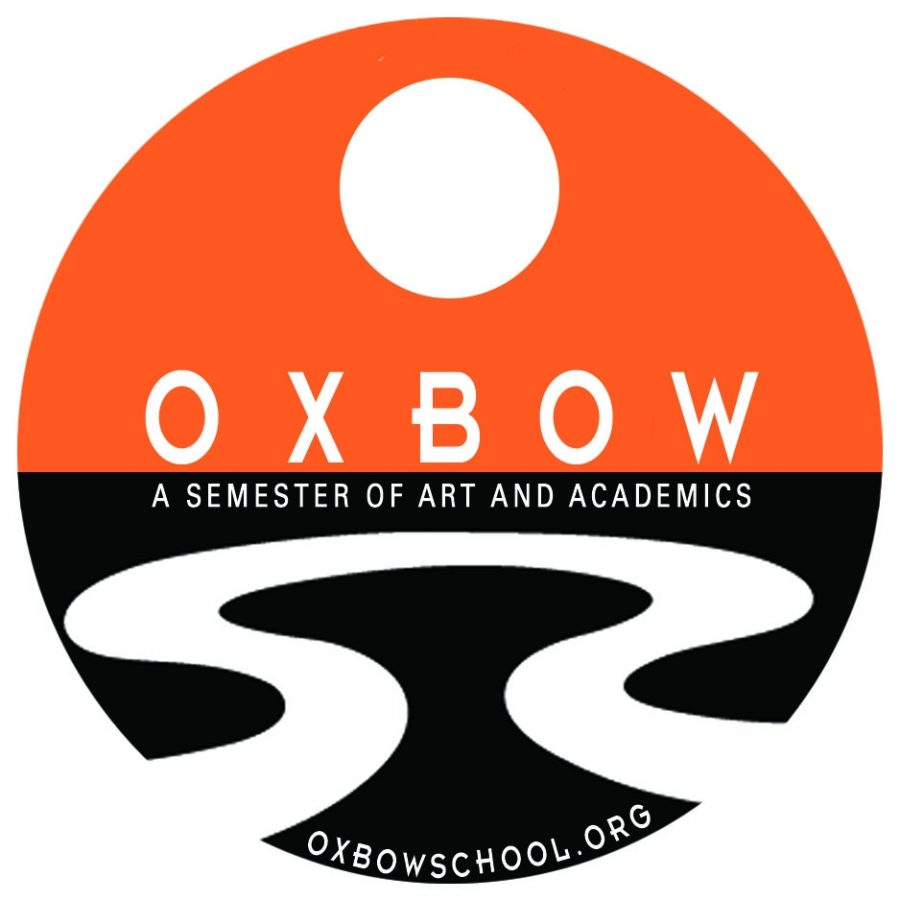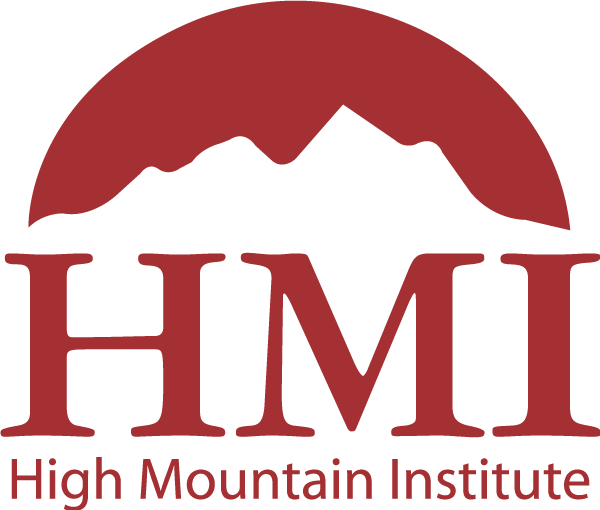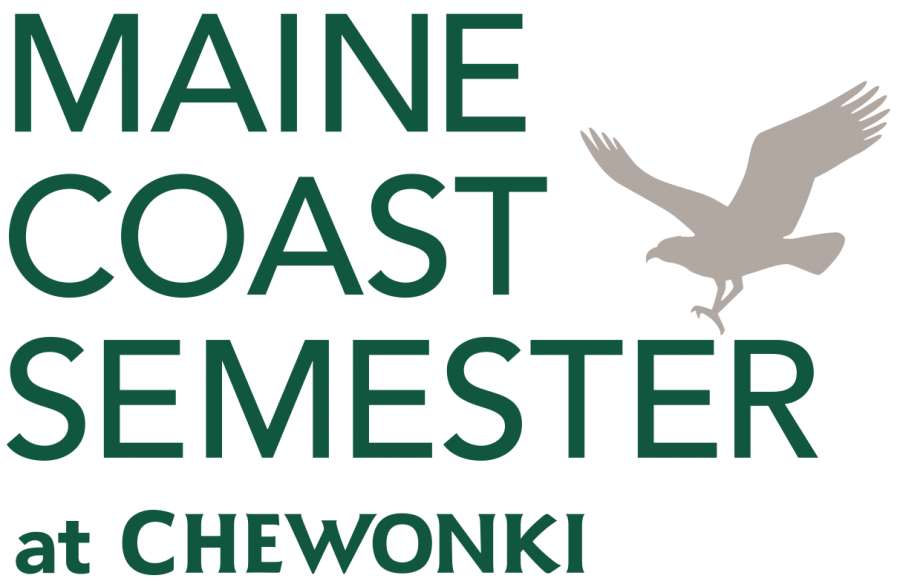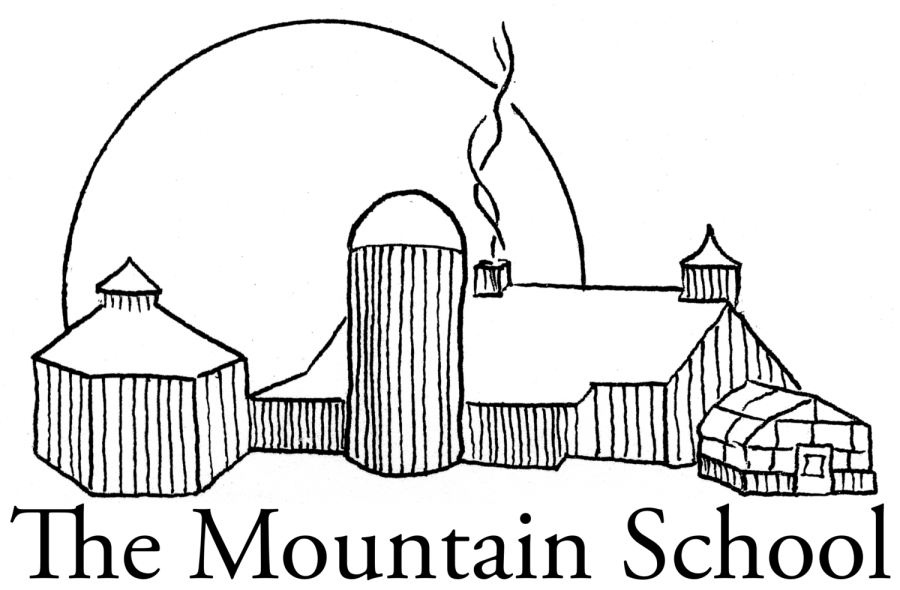Semester Schools Offer a Great Experience
After experiencing education in a semester school, BSM senior Emma Bodecker recommends others try this unique academic adventure.
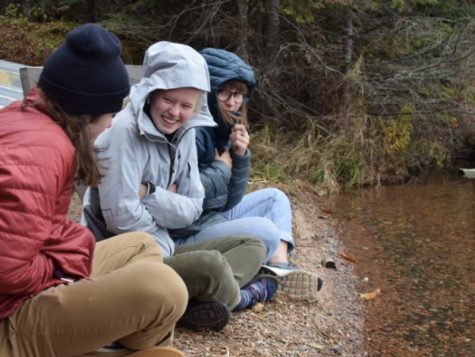
There are ten Semester Schools throughout the world, primarily based in the United States, that give American high school sophomores and juniors the chance to have a variety of academic experiences away from home. There are many benefits to attending a semester school ranging from challenging academic experiences to real-world opportunities to personal growth.
Similar in concept to a college semester abroad program, semester schools admit students for a single semester and then students return to their “sending school” back home after the semester is completed to continue their education. These schools are nationally accredited––students receive a full semester of credit, if not more, as well as a breadth of knowledge in academic and non-academic areas. These credits are accepted by the sending school and grades appear on the student’s transcript. This allows students to continue to meet graduation and college admissions requirements.
Semester schools offer a variety of classes depending on their mission, and many are AP or Honors level and are very rigorous. This keeps students on track academically and sometimes ahead of their peers back home. There is also the opportunity to take standardized tests such as the PSAT or AP tests. There are truly no drawbacks educationally.
When it comes time to apply to college, having attended a semester school also looks good on applications because these programs are competitive and often difficult to get into. It also makes a college application stand out from those students with more traditional high school experiences. Attending a semester school shows that you are comfortable with getting out of your comfort zone and are driven to pursue your own interests. Likewise, many colleges recognize semester school graduates as risk-takers in the best sense, and as independent thinkers who are well-prepared for the college experience.
Another benefit of a semester school experience is gaining self-knowledge.
— Emma Bodecker
Another benefit of a semester school experience is gaining self-knowledge. Having lived away from home for an extended period to time, students gain increased knowledge about how they are able to handle independence, and function as autonomous individuals without a parent telling them what to do. But semester schools also excel at providing a structured and more controlled environment than college.
Students also learn interpersonal relationship skills and what it is like living with other people 24/7. Semester school students learn about what needs to be done for a community to function properly and are able to contribute to community life in ways they can’t necessarily do at home. This might mean making sure your living environment is clean, frequently checking in with other students, and attending meetings to allow for constant communication with your peers, while also supporting them. Building close relationships with everyone that turn into lifelong friendships and the personal growth that happens are lasting impacts of a semester school experience.
For most people, it is a big decision to leave your school, friends, and family behind, but it also provides the opportunity to gain perspective on life at home and to reevaluate what is truly important. Alumni from any of the schools would say that it truly is worth any risks and sacrifices and that it is one of the best experiences you could ever embark on.
A day in a life at Conserve School would look like…
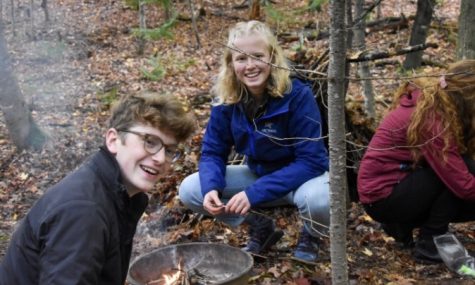
I would wake up in the morning in my room in the “Heron” wing of Elaine House on the Lowenwood campus, and get myself ready and dressed. I would make sure I had the necessary gear for my morning classes. Many of the girls I lived with would make coffee or tea in a French press before school because we needed to keep our energy up for the busy day ahead.
Then, we would head over to the academic building to start our day. We all ate breakfast in the dining hall where we could chat about the previous night’s events and compare notes on what we were doing in all our classes and after school that day and assignment deadlines. Then we headed to class.
Our morning classes were all electives. My first class was usually Nature Photography where every day we would get a new assignment. We could go anywhere on campus to take the picture but just had to be back with our images by the end of class time. I also took AP Environmental Science which usually was more book work and lecture focused. Another elective we could take was Earth Art which was the coolest thing, I was always so jealous of what they were up to. They made watercolors out of the pigment of different dirt samples or made cordage bracelets out of wood.
We had ten-hour school days, and they were usually pretty tiring, but after we finished classes for the day, there were always after school activities that were happening such as rock climbing, book club, painting in the art room, or nordic skiing.
— Emma Bodecker
After morning classes, we would have community time that would last anywhere between 10 minutes to 1-½ hours. There were many options of what we could do: we could go back to our house to grab anything we needed for afternoon classes, play spike ball, finish up homework, talk to friends, go on our phones, or take a nap. Once a week, during that time, we would meet with our advisor, and they would check in with us on how we were doing, if we felt like our classes were going ok, or just to talk. It was a chance to take a little break during the busy day. I typically would text my friends or call my parents at that time. We would then head in for lunch. It was always something good. After everyone finished eating there would be announcements about upcoming activities, things we needed to do, and what we needed to bring to class or reminders.
After lunch, we had a short break to grab any last-minute items from our house, and then we would be off to our afternoon classes. Our core classes consisted of English, History, Science (again), and Outdoor Skills. The classes were typically held outside and very fun. It was always a surprise what our teachers had up their sleeves. We could do anything from going on a five-hour canoe trip into the bordering Sylvania Wilderness Area to reading a passage from a book in English next to a campfire to working in the lab testing water quality samples we collected out on the lake just minutes before.
We had ten-hour school days, and they were usually pretty tiring, but after we finished classes for the day, there were always after school activities that were happening such as rock climbing, book club, painting in the art room, or nordic skiing. We could also go workout in the weight room, watch a movie in the lounge, bake treats, play a pick-up game of frisbee, set up hammocks, climb trees, go sledding, or build a fort in the atrium of one of the houses. There was never a shortage of things to do or people to hang out with.
Dinner was at 6:00 pm, and that is also when the mailroom would be open! This was always really exciting because we didn’t have many opportunities to go into town, and Amazon was kinda our best friend. People would often order gear, snacks, or other things we might need. Care packages were also torn open and it felt like Christmas.
After dinner we had more free time for just hanging out with friends or in many cases, having a dance party somewhere. Once a week we would either have a house meeting, house activity, or wing meeting. They might not sound exciting but we honestly loved having them. Each wing took turns leading the house activities. It was mostly a time to slow down a bit to check in on how everyone was doing and feeling, and if there was anything that was bothering them because living with a big group of people is not always easy. My wing would often make hot chocolate or tea, and we would sit around the fire and come up with new creative ways to decorate our common areas.
Each day it felt like I was living in a dream; we were all so grateful to be there.
— Emma Bodecker
Starting at 8 pm, it was study hours. This was a dedicated time that we could get our homework done. It was kinda similar to a free hour at BSM. Our teachers would take turns being on duty in the academic building if we needed help or really just wanted to chat. We could also stay in the house and work on our homework in our room or one of the study rooms with a Teaching Fellow. Everyone had to be quiet, and we couldn’t be in any of the common spaces in our wing. It was really nice to have a time to get everything done, and everyone was working on the same readings, essays, or homework, so that always made it more enjoyable. We also had group work a lot, and it was a perfect time to get that done.
After study hours, we had in-house curfew where meds would get distributed, and we would all check-in and say goodnight to each other. In-room curfew was soon after, and we would get ready for bed for the next busy day ahead. My days at Conserve School were filled to the brim and were so memorable. Each day it felt like I was living in a dream; we were all so grateful to be there.
To learn more about the semester schools, click on each of the icons below.
